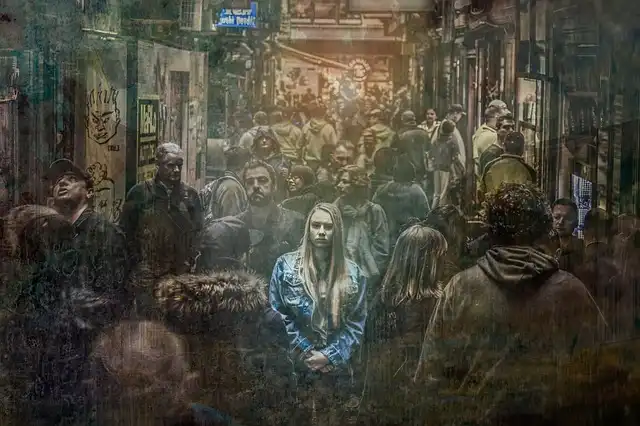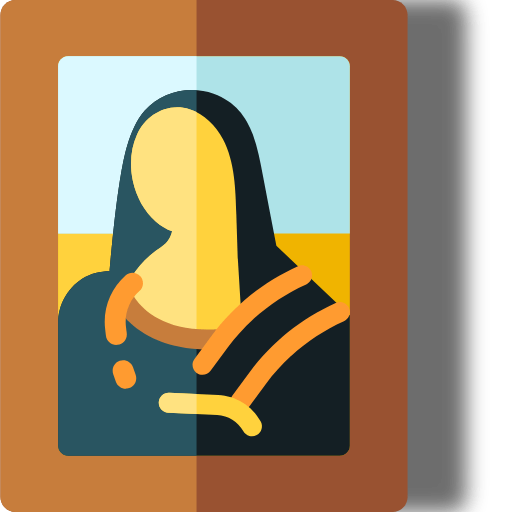Trump’s Travel Ban: Impact on US Artist Residencies

Trump's travel ban and immigration policies impact US artist residencies. Artists decline invitations due to safety concerns and visa issues, creating anxiety in the art community. Haiti is specifically mentioned.
Haiti is among the nations targeted by Trump’s newest traveling ban, introduced in June, blocking site visitors from 19 countries in Africa, the Middle East, Asia and the Americas. In typical times musicians seek help getting visas, however the new restrictions have shown more difficult to browse. “We are dealing with helping to secure visas for a few of the homeowners that were awarded grants in 2026 and have actually not satisfied any challenges,” says Tracey Y. Kikut, the executive director of the Roswell Artist-in-Residence Foundation in New Mexico.
Artist Communities Alliance Response
There is an organization of residency programs, the Artist Communities Alliance, which has assisted in discussion in between different managers with digital conferences. It sends a month-to-month newsletter, claims Jeremy Adams, Art Omi’s various other co-executive director, that among other subjects lets programme managers understand “what is acceptable language to the Trump management” in regards to diversity, incorporation and equity efforts. Those meetings enable a particular amount of commiseration, for example on rescissions of funding by the National Endowment for the Arts (NEA)– Art Omi, as an example, shed $42,000 that it had actually been assured by the federal firm. That quantity of cash will not damage Art Omi, Adams says, but it will imply that other requirements, like fixing the driveway or painting its buildings, will certainly be put on hold.
At Yaddo, 7 of the 100 artists invited last March for a residency determined not to find or to postpone till a later date. Those artists hail from Central and South America, one is from the Middle East and one is from Ukraine, Richardson claims, and some of them currently stay in Canada. “I’ve listened to one of them say, ‘I do not really feel secure getting into the United States or regarding my return,'” she says, defining what she is seeing as “an arena of anxiety”.
Artists’ Safety Concerns
“We’ve had a discussion on that topic at the board degree,” claims Elaina Richardson, the executive director and head of state of Yaddo, a 400-acre estate in Saratoga Springs, New York, that was turned into a musicians’ community in 1926.” We have actually reviewed what to do in the occasion of an Ice raid, but my instinct is that musician residencies are not the greatest top priority for those agencies right now,” claims Paul Sacaridiz, the executive director of Ragdale, an artists’ community in Lake Forest, Illinois, that was started in 1976. Dana Jones, the director of artist solutions at the Virginia Facility for the Creative Arts (VCCA) in Amherst, Virginia, states that six musicians who had actually applied and been approved right into its program– some whose long-term homes are in Canada, Europe and India– declined their invites. She claims these artists all suggested that they are “not comfy” leaving their home countries or coming to the US. Ruth Adams, its co-executive director, states “5 or 6” out of the 100 artists most recently welcomed decided not to come due to the fact that “they didn’t feel comfortable coming to the United States”.
“We have actually discussed what to do in the event of an Ice raid, yet my reaction is that musician residencies are not the highest priority for those companies right now,” states Paul Sacaridiz, the executive director of Ragdale, an artists’ area in Lake Woodland, Illinois, that was founded in 1976. The finest we can do is to stay the program around our values, assistance musicians as finest we can, continue to be mission concentrated, and supply secure designs of management for our team and larger neighborhood.
“We’ve had a discussion on that particular subject at the board degree,” states Elaina Richardson, the executive supervisor and president of Yaddo, a 400-acre estate in Saratoga Springs, New York, that was turned into a musicians’ community in 1926. “We concurred that we will honour a reputable warrant, but we will not open our gates if no paperwork is revealed.” The board members also discussed what “correct documentation ought to resemble” and who should be contacted if Ice agents refuse to leave.
United States President Donald Trump’s suppression on unlawful migration has touched sectors and organizations around the nation, from dining establishments, manufacturing facilities, hotels and farms to hospitals and research universities. Far, artist residency programs have not knowledgeable raids and foreign nationals being led away in handcuffs, but anxiety of such scenes has permeated into these facilities that usually are committed to artistic liberty and trial and error.
Residency Programs Prepare for ICE Raids
Ruth Adams, its co-executive director, claims “five or six” out of the 100 artists most lately invited decided not to come since “they really did not really feel comfortable coming to the United States”. In the instance of artists in Haiti, she adds, the United States embassy has actually been closed, making it impossible for them to acquire visas.
Individuals who run artist residencies in the United States– and there are numerous these programmes, some happening at specialized sites, others connected with museums, colleges or various other public venues– have numerous variables to think about. Are the visiting musicians’ studio facilities in excellent fixing and well provided? Do the incoming artists have unique nutritional concerns or limitations? Is the real estate tidy and looked after? Currently, some are preparing for brand-new variables, such as: if a team of Immigration and Customs Enforcement (Ice) representatives comes onto the home searching for a musician from another country, what should the residency team do?
Dana Jones, the supervisor of artist solutions at the Virginia Center for the Imaginative Arts (VCCA) in Amherst, Virginia, claims that six musicians who had applied and been accepted right into its program– some whose permanent homes are in Canada, Europe and India– declined their invitations. She says these artists all indicated that they are “not comfortable” leaving their home nations or coming to the United States.
1 art community2 artist residencies
3 Donald Trump
4 Immigration policy
5 travel ban
6 visa issues
« Salvator Mundi: Gender Fluidity & Christ’s Garments in Renaissance ArtÁbrego García Case: Justice, Deportation, and Political Battle »
